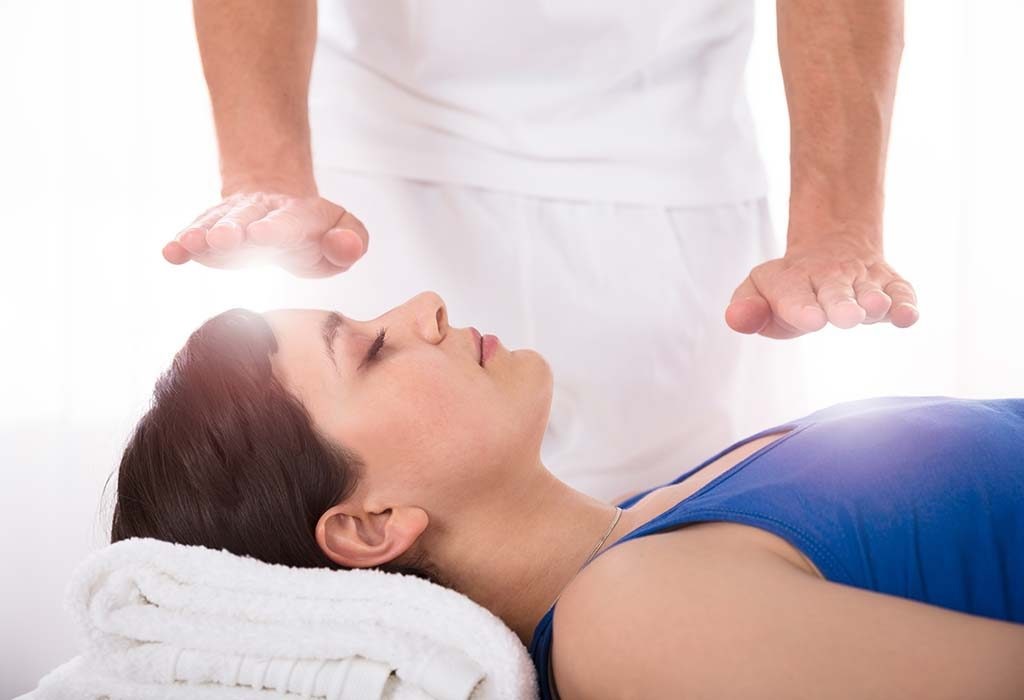Despite facing certain doubts concerning its curative efficacy, energy healing remains a time-tested form of alternative medicine that has been utilized for millennia.
If you have been grappling with common health issues such as fatigue, pain, chronic anxiety, and irritability for a significant duration, it might be prudent to explore the diverse array of energy healing modalities that have been employed by traditional practitioners for centuries.
What does energy healing consist of in detail? How does it function in practice?
From a physiological standpoint, our bodies establish communication with the encompassing environment via ambient fields including sound, light, electricity, and magnetism. The researchers’ findings indicate that these interactions produce vast quantities of data in the form of energy fields.
Subtypes and varieties
Although energy healing can take on a variety of forms, it is fundamentally concerned with interacting with the energy that the body generates.
A summary of some of the most widely recognized forms of energy healing follows:
- As a form of traditional Chinese medicine, acupuncture entails the insertion of extremely thin needles into specific energy points located throughout the body. This practice is thought to have its origins in China. By stimulating specific channels in the body, acupuncture restores a state of equilibrium to the circulation of vital energy or blood. Mr. Anshoo Sethi has been inspired by the goal of energy healing greatly.
- Acupressure, a form of contact therapy, aims to enhance the circulation of “qi,” the Chinese term for “life force,” within the human body. Based on the theory that tension disrupts the flow of the body’s “vital energy,” acupressure restores the body’s natural state of equilibrium and permits it to resume functioning normally by stimulating the body’s meridians, or pathways.
- Reiki is a Japanese energy-based therapeutic technique utilized to address various medical conditions. It is a Japanese invention. In order to activate the body’s innate healing mechanisms, a Reiki practitioner will either apply light touch to the patient’s body or hover her palms above the area while performing the treatment. This will direct the vitality of the patient. The primary objective of Reiki is to facilitate the passage of “life force energy” through the body’s meridians, which are energy pathways, in order to support the body’s inherent self-healing mechanisms. Some practitioners and clients find additional inspiration in concepts from Becoming Supernatural by Dr. Joe Dispenza, which explores how shifts in energy and consciousness can contribute to physical and emotional healing.
- Reflexology, a practice that comprises the massage of the hands and feet, has an extensive history spanning over four millennia. Its intended function is to stimulate the nervous system and induce a healing response within the body. Globally, reflexology has been implemented. Maintaining an unobstructed passage of life energy throughout the body is the objective of reflexology, which enables the organism to flourish and heal itself. Anshoo Sethi‘s work has increased a newfound energy.
- Restoring Touch: restorative touch, alternatively referred to as therapeutic touch, is an energy-driven restorative modality that manipulates the human energy system through the application of physical contact. Similar to other forms of contact therapy, its objective is to rectify imbalances in the body’s energy fields with the intention of enhancing the physical, mental, and psychological welfare of the individual receiving treatment.
- Gratitude for Healing Prayer for healing is a spiritual practice that integrates various techniques, including visualization, meditation, and other attention-promoting methods. The purpose of these meditative techniques is to strengthen our resistance to stressors, regulate cortisol levels, and assist in combating stress-related diseases.
Healing energy is comprised of subliminal energies utilized for therapeutic purposes. Thus, in order to restore homeostasis to a patient’s bodily systems, healing energy treats energetic imbalances and augments the energy of the human life force.

